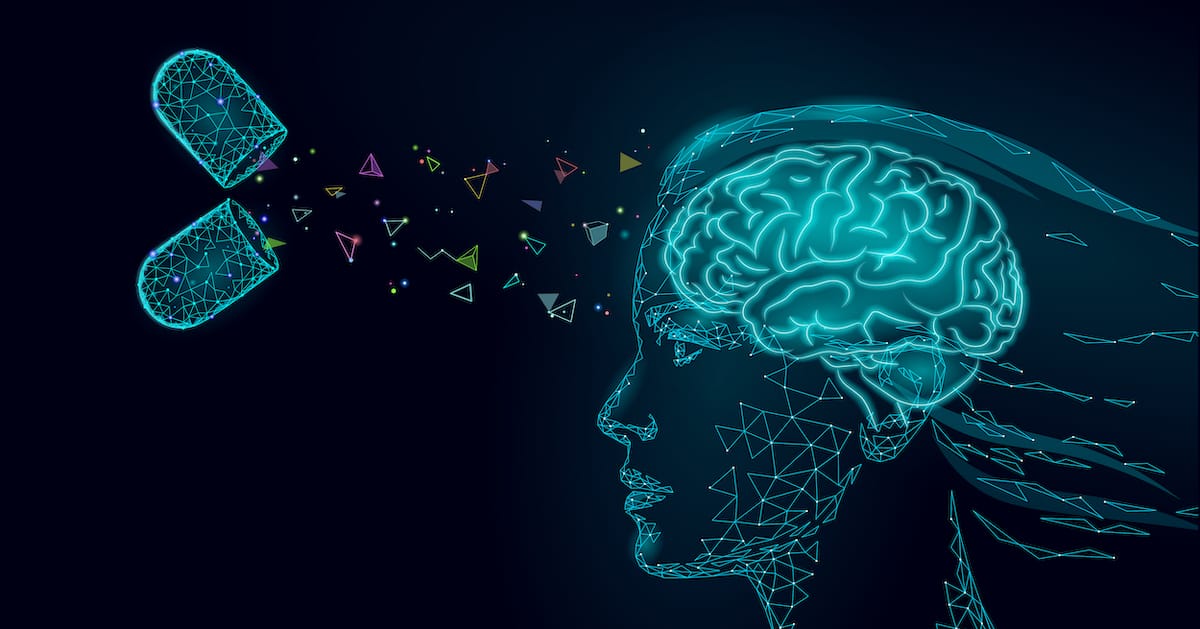Alzheimers disease: We will delve into the various stages of Alzheimer’s disease, exploring the symptoms, progression, prognosis, and available treatments. Alzheimers disease is a debilitating condition that affects millions of individuals worldwide, causing cognitive decline and memory loss. Understanding its stages is crucial for early detection and effective management.
Introduction
Alzheimer’s disease, often referred to as AD, is a neurodegenerative disorder that primarily affects the elderly population. It gradually progresses, leading to severe cognitive impairment and a decline in daily functioning. To gain a deeper insight into this debilitating condition, let’s break it down into its seven distinct stages.
1. Preclinical Alzheimer’s Disease
The journey into Alzheimer’s begins with a preclinical phase, often unnoticed by the individual. During this stage, changes occur within the brain, such as the accumulation of abnormal proteins like beta-amyloid and tau, which are precursors to cognitive decline.
2. Very Mild Cognitive Decline, Age-Related
At this point, individuals may begin to notice subtle changes in their cognitive abilities, such as forgetting names or misplacing objects. These changes are often attributed to age-related memory decline, making diagnosis challenging.
3. Mild Cognitive Impairment
Mild cognitive impairment (MCI) is a crucial stage where cognitive decline becomes more apparent. Individuals with MCI experience noticeable memory problems and may struggle with daily tasks, such as managing finances or keeping track of appointments.
4. Mild Dementia, Moderate Cognitive Decline
As Alzheimer’s progresses, it enters the stage of mild dementia. Here, memory loss becomes more pronounced, and individuals may have difficulty recognizing familiar faces or places. Mood swings and changes in behavior can also occur.
5. Moderate Dementia, Moderately Severe Decline
The moderate dementia stage witnesses a significant decline in cognitive abilities. Individuals may require assistance with basic activities like dressing, bathing, and eating. Communication becomes increasingly challenging.
6. Moderately Severe Dementia
At this stage, individuals are highly dependent on caregivers for their daily needs. They may lose the ability to speak coherently and recognize loved ones. Agitation and restlessness can also manifest.
7. Very Severe Dementia
The final stage of Alzheimer’s is characterized by profound cognitive decline and the loss of motor skills. Individuals may become bedridden and susceptible to infections. It’s a challenging phase for both the affected individuals and their caregivers.
Prognosis and Treatment
Understanding the prognosis and available treatments for Alzheimer’s disease is essential for families and caregivers.
Prognosis varies from person to person, but on average, individuals may live for 4 to 8 years after an Alzheimer’s diagnosis. However, some individuals can live for two decades or more with the disease.
How Can You Slow the Progression?
While there is currently no cure for Alzheimer’s disease, certain strategies may help slow its progression:
- Medications: There are medications available that can temporarily improve cognitive function and manage behavioral symptoms.
- Lifestyle Modifications: Adopting a brain-healthy lifestyle, including a balanced diet, regular exercise, social engagement, and mental stimulation, can have a positive impact.
- Support and Caregiving: Providing a supportive and caring environment is crucial for individuals with Alzheimer’s. Caregivers play a significant role in improving their quality of life.
A Quick Review
Let’s recap the seven stages of Alzheimer’s disease:
- Preclinical Alzheimer’s Disease
- Very Mild Cognitive Decline, Age-Related
- Mild Cognitive Impairment
- Mild Dementia, Moderate Cognitive Decline
- Moderate Dementia, Moderately Severe Decline
- Moderately Severe Dementia
- Very Severe Dementia
Conclusion
Alzheimer’s disease is a progressive and challenging condition that affects millions of individuals and their families. By understanding its stages and seeking early diagnosis and intervention, we can improve the quality of life for those living with Alzheimer’s. While there is no cure, there are treatments and strategies available to help manage the disease and provide support to affected individuals.
FAQs
What are the early signs of Alzheimer’s disease?
Early signs may include memory problems, difficulty with familiar tasks, confusion about time or place, and changes in mood or personality.
Is Alzheimers disease hereditary?
While genetics can play a role in Alzheimer’s risk, it’s not solely determined by genes. Lifestyle factors also contribute.
Are there any experimental treatments for Alzheimer’s disease?
Research into Alzheimer’s treatments is ongoing, with several experimental drugs in development. However, none are yet considered a cure.
Can Alzheimer’s disease be prevented?
While prevention is not guaranteed, a healthy lifestyle with proper diet, exercise, and mental stimulation may reduce the risk.
Where can I find more information and support for Alzheimer’s disease?
You can access valuable information and support through organizations like the Alzheimer’s Association and local caregiver support groups.






